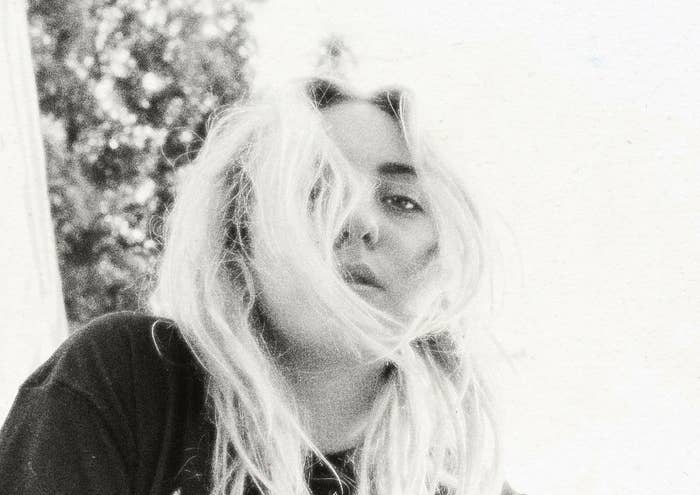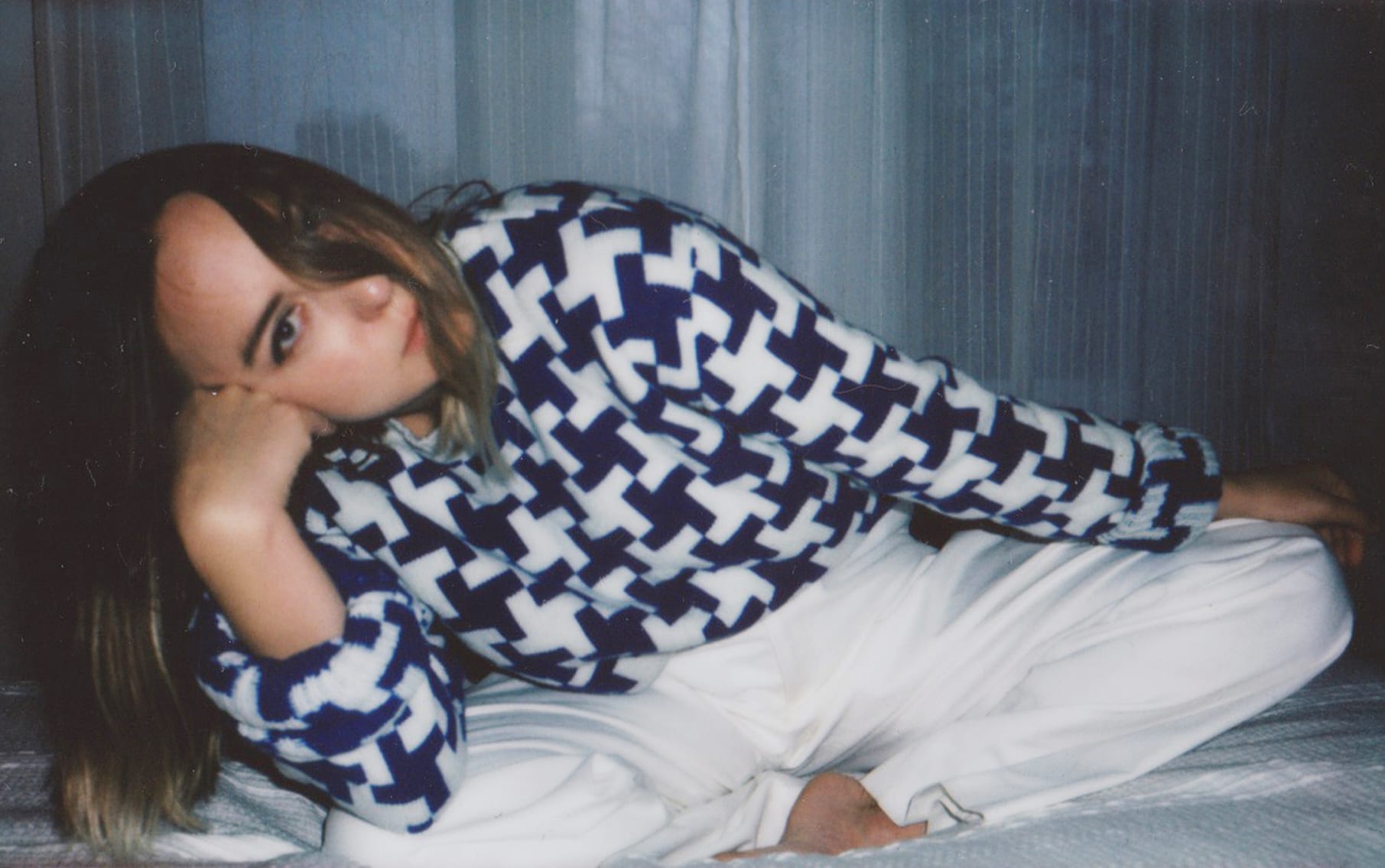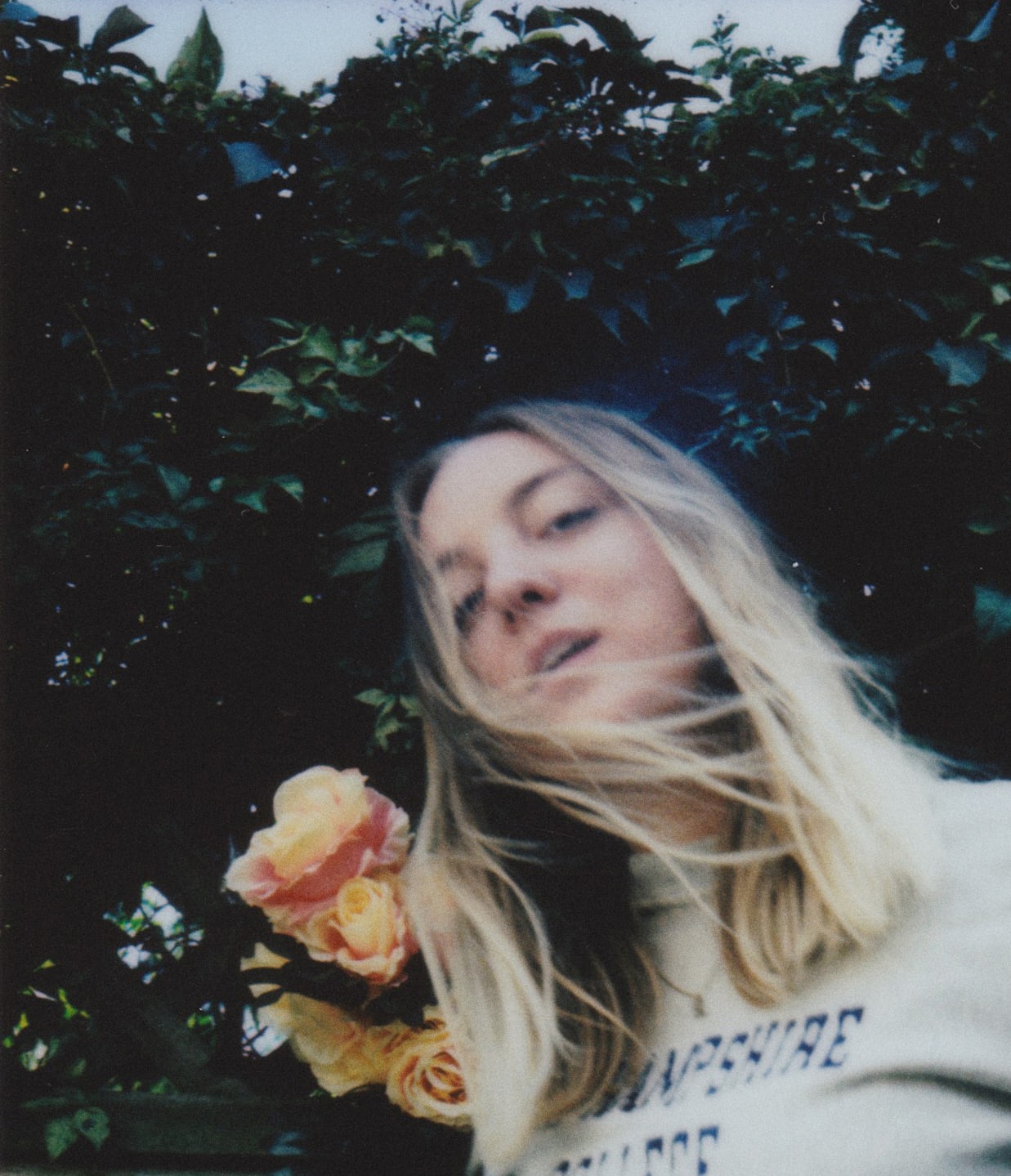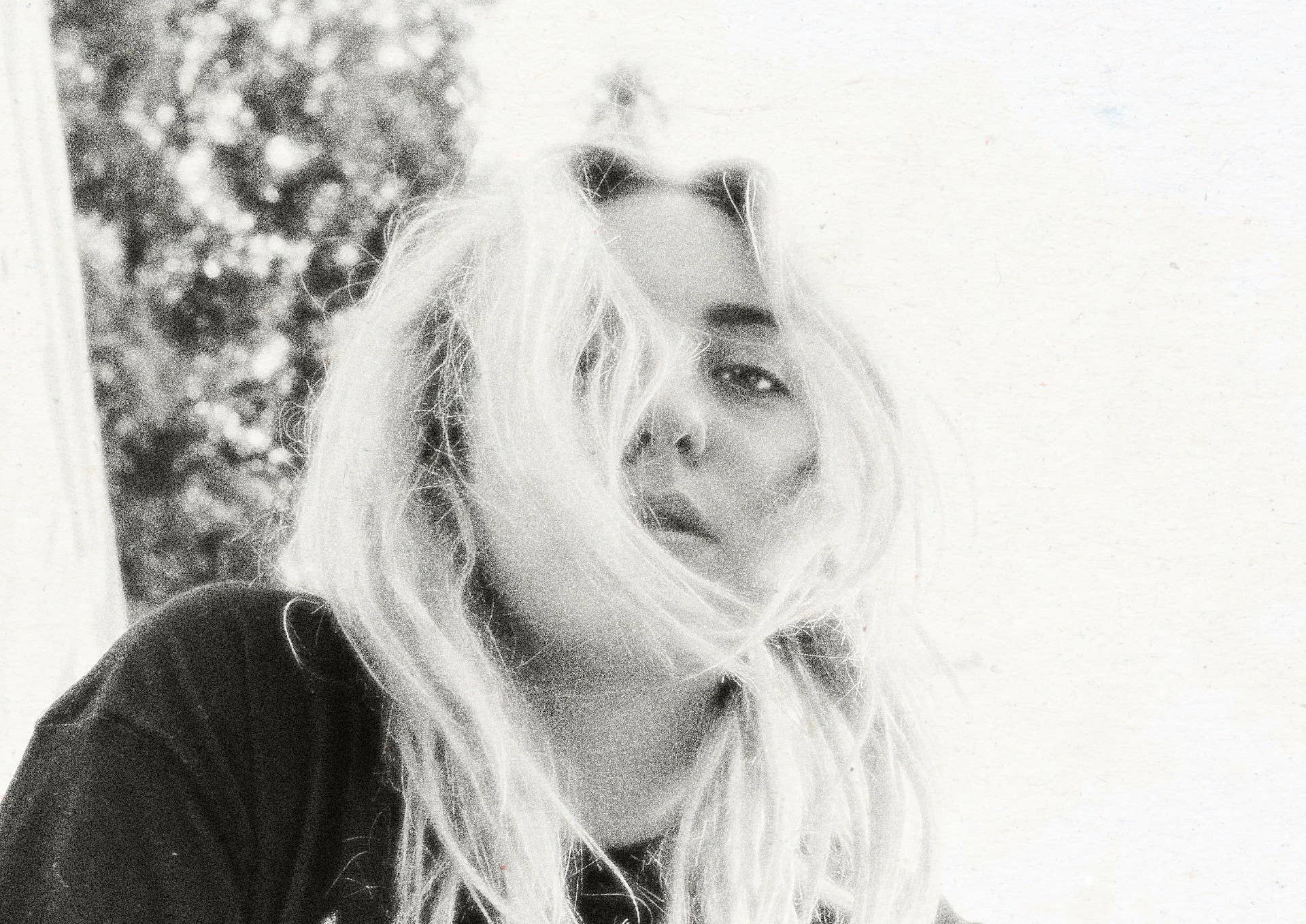
Lowell’s career can only be described as multifaceted.
The Calgary-born, Toronto- and L.A.-based musician has spent the better half of the last decade writing songs, both for herself and today’s rising pop stars. She rose to prominence with her 2014 debut We Loved Her Dearly, filled with progressive feminist and LGBTQ+ anthems. While she still writes her own music, she has also established herself as a powerhouse double-platinum songwriter, penning songs for Bülow, Tate McRae, as well as a colossal ten songs for Madison Beer’s debut album, Life Support.
Now, she’s added another notch to her belt, co-writing the horror flick Bloodthirsty. She’s also written an accompanying EP, Bloodthirsty (Music From The Motion Picture). Both are set to drop on this Friday.
Check out her haunting ballad “Greta’s Song (I Love You To Death)” from the new EP, which Complex Canada is premiering.
Bloodthirsty follows the evolution of Grey, an indie singer, transforming into a werewolf as she records her second album. The film was written by an all-women creative team, an experience Lowell has found freeing. “Often when you have these gatekeepers that don’t fully understand you, it’s going to diminish the quality of your work,” she tells us.
She says this creative team, which includes her mom, Wendy Hill-Tout, has strengthened her ability to write strong female characters. “Grey, for example, is this really complex character. She’s flawed. She’s powerful. She’s desperate. She is transforming. She’s this beast, but she’s also being preyed on by another person. All of these things are really complicated, and I think that that’s OK. I think that makes for a real human, and that is what we’re missing in film: actual humans that are female.”
Lowell’s sound has pivoted over the years from indie pop buzzing with bright synths to more contemporary pop. These clearly evolved piano ballads pair perfectly with her broad vocal range, making it extremely difficult not to picture her penning these songs while sitting in front of a piano.
“For me, it’s always about the person first. Let’s say sex sells in a song, but if that person doesn’t want to sing about sex, then they shouldn’t have to sing about sex.”
When writing songs meant for Bloodthirsty (Music From The Motion Picture), she catered to the evolution of Grey, making the EP a mix of yearning soft pop and sultry, grunge-inspired transformations, best seen on eponymous track “Bloodthirsty.” As Lowell was so heavily intertwined in both the film and music making process for Bloodthirsty, she has created the perfect environment to showcase her ability to write immersive songs in many different contexts.
The EP contains all the songs she’s released herself since her 2018 album Lone Wolf, which acted as a bridge between her two writing styles. She turned her attention away from releasing her own music for a couple of years to focus on her other songwriting endeavours, cementing this stylistic change. In doing so, she has re-discovered what being an artist means to her in an ever-changing music industry.

“By the time I was 12 or something, I knew that I wanted to be a musician. I went to open mics and played songs for people and performed. I’ve always been a performer, and that’s always been what I wanted to do. But at some point, the world just shifted away from what that meant to me, and so I’ve had to do a lot of soul searching about that.”
Though platforms like TikTok have the ability to make songs viral within hours, Lowell isn’t interested in making dances and performing in that capacity herself. “What I realized about being a pop songwriter is that I can really be an artist, the way that I believe being artists is. I can sit in a studio every single day and create art, and I can reflect on life and turn that into a song that touches people. That, to me, is what I’ve always thought being an artist was, and I don’t really need to do all that other stuff. That doesn’t make me happy at all.”
That’s not to say Lowell doesn’t have a massive amount of respect for artists who use TikTok to their advantage, especially since a few of the songs she’s written have gone viral because of it. “You used to write songs to get on the radio, I write songs to try and get on TikTok. It’s a different style of writing for sure.”
That respect carries over to the TikTok stars she’s written for and cares about deeply, many of whom are young women. By drawing on her own experiences as a young woman in a studio, she hopes to give her collaborators autonomy over the music they make. “For me, it’s always about the person first,” she explains. “Let’s say sex sells in a song, but if that person doesn’t want to sing about sex, then they shouldn’t have to sing about sex. I don’t know if certain people can have that sensitivity in the room if they don’t understand what it’s like to be a young girl in a studio.”

As well as being an advocate for women both on set and in the studio, Lowell has outwardly protested Canada’s sex work laws for years. In 2015 she released a documentary with Vice about the then newly-implemented Protection for Communities and Exploited Persons Act. This bill has recently returned to the public eye, as 25 groups representing sex workers have launched a legal challenge against it.
For Lowell, this shows that more protections are needed for sex workers across Canada. “Making [sex work] more illegal in certain ways is not helping anyone. It’s just making it dangerous for sex workers and costing lives. Unfortunately, it’s a small issue to most people, which I have always tried to change. This younger generation seems to be gaining a better understanding of humans as a whole.”
She also stresses the importance of intersectionality when talking about feminist issues: “Hopefully sex workers’ rights can be an issue that we talk about more, especially because it does mostly apply to people of colour, and it’s a women’s issue. These are things that people are passionate about, but for some reason, people can’t see why that also is talking about sex workers. The same way that white feminists have trouble talking about Black feminism, but they don’t understand that this is all one issue. You can’t be a feminist and not support Black feminist issues.”
Despite this, Lowell thinks things are changing slowly, and her experience working on Bloodthirsty is indicative of that. “I saw how freeing it was working with a bunch of females and working with queer females. You know, everyone even down to the actors were queer. I think it felt a bit like a progression, even if it was just in my tiny little bubble of a world.”
Watch the trailer for Bloodthirsty below.



